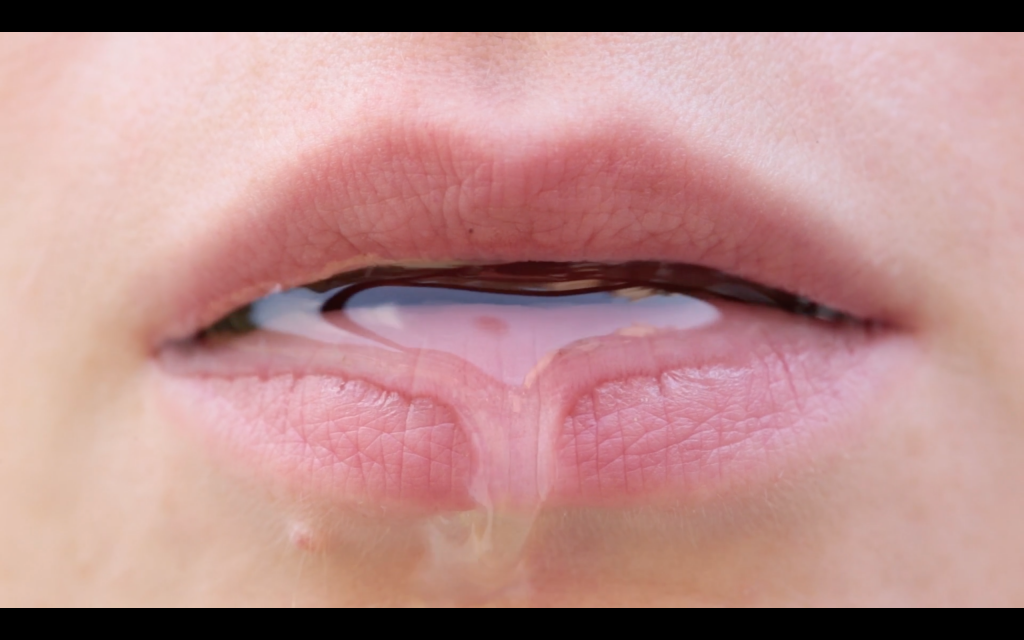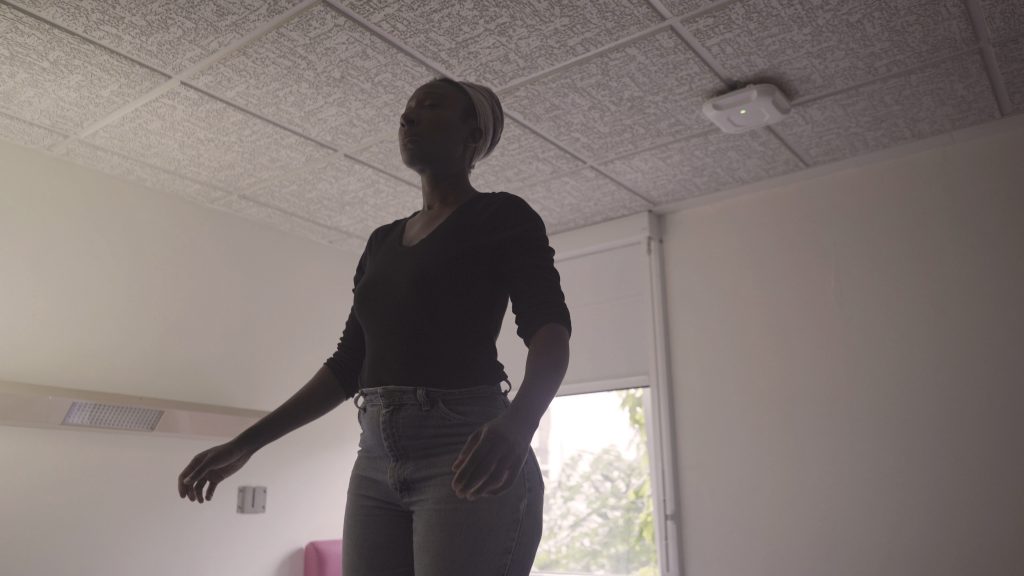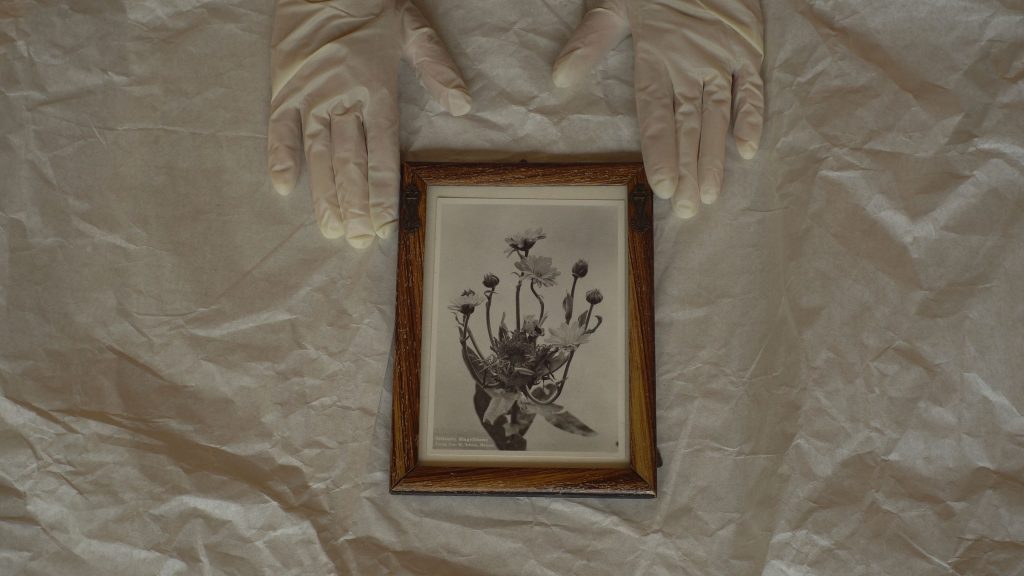This programme explores the relationship between body and healthcare systems. What is the impact of communication on the ‘healthifying’ process and in the context of health care? When do body-related decisions need to be rationalised? The programme illuminates how power plays out between the roles of patient and physician in the contexts of both conventional and alternative medicine. These relationships of body and care maneuver between science and magic, hope and specific terminologies and languages, empathy and available resources.
Leah Clements work title, To Not Follow Under, comes from an interview between two psychiatrists, R. D. Laing and Antony Clare, who talk about relationships with patients in distress and how doctors need to keep the line between providing help and maintaining distance. This work explores not only forms of communication but also forms of worry and compromise. Rebecca Lennon’s video work, Words Are Angular Sharp Tenant, playfully uses visual and verbal language to examine narratives of body and disorder. Eitan Efrat and Daniel Mann’s film, The Magic Mountain, talks about the mountain and forms of unconventional medicine in the context of natural resource use and how the impact of such medicine can be both positive and negative.
Curated by Milda Januševičiūtė


